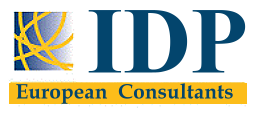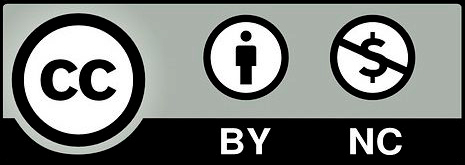
Related Glossary:
-
ESG:
stands for Environmental, Social and Governance and refers to the three key factors for measuring the sustainability and ethical impact of an investment. -
Greenwashing:
it is a deceptive communication or marketing practice pursued by companies, institutions and bodies that propose their activities as eco-sustainable, emphasizing the positive effects of some initiatives and at the same time trying to hide the negative environmental impact of other initiatives or of the company as a whole. -
Non-financial Disclosure (NFD):
The NFD is a document in which social and environmental aspects are reported, with a focus on corporate sustainability policies, personnel management methods and commitment to the fight against corruption and respect for human rights. Its importance is crucial not only in terms of transparency, but also in terms of brand reputation, with effects on investors' choices. The non-financial reporting obligation concerns public-interest entities, such as banks or insurance companies, and listed companies. -
Social Lending (also peer-to-peer lending):
it is a form of refundable loan between private individuals in which the intermediation between supply and demand takes place through specialized online platforms. The loan is generally linked to the start of a business project. -
Socially responsible investment (SRI):
it is a type of investment considered socially responsible due to the nature of the business that a company conducts. Socially responsible investments can be directed towards individual companies or mutual funds that have a positive social impact. - See all terms
Keywords
sustainable finance; greenwashing; ESG
Objectives:
- Understand the link between the management of our savings and investments and its impact on the environment and the society
- Understand the mechanism of capital allocation in the financial system
- Know the opportunities of sustainable finance, but also the limits of regulation
- Know some sustainable and responsible investment products
Description:
- Be more aware of the impact on society and the environment of our savings and of how we use them
- Be stimulated to direct our savings towards responsible and sustainable banks and investment products
- Know which parameters and documents to look for to verify the sustainability of banks and financial products
- Being able to recognize practices of greenwashing
- Acquire knowledge of sustainable and responsible investment funds and other "social" tools of investment
Related Materials:
- Sustainable and Responsible Investment: what it is and why it is convenient https://www.youtube.com/watch?v=CRk1gEfEHCU
- Regulation EU 2019/2088 on sustainability reporting in the financial services sector https://eur-lex.europa.eu/legal-content/en/TXT/?uri=CELEX:32019R2088
Bibliography
https://www.eticasgr.com/storie/news-eventi/finanza-etica-sostenibile
https://www.bancaetica.it/finanza-etica-molto-piu-che-sostenibile/
https://www.thewisemagazine.it/2021/10/23/finanza-etica-sostenibile-eco-friendly/
https://economiapertutti.bancaditalia.it/informazioni-di-base/finanza-sostenibile/?dotcache=refresh
https://www.kairospartners.com/rating-esg-pro-e-contro-degli-indicatori-di-sostenibilita/
https://investiresponsabilmente.it/cose/
https://www.pmi.it/finanza/investimenti-pmi/379818/social-lending.html
https://esgnews.it/focus/analisi-e-approfondimenti/greenwashing-definizione-ed-esempi/
-
Related training material
- Risks and Dangers of Finance
- Financial advisory
 Ethical finance for a just society
Ethical finance for a just society Click to read
Click to read 








